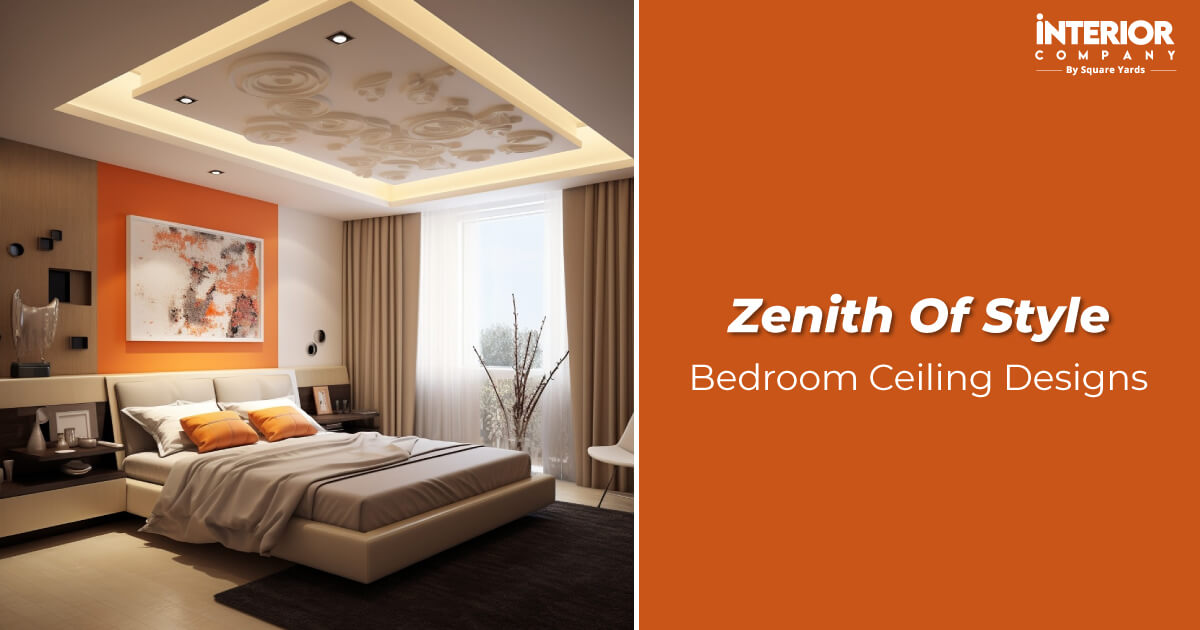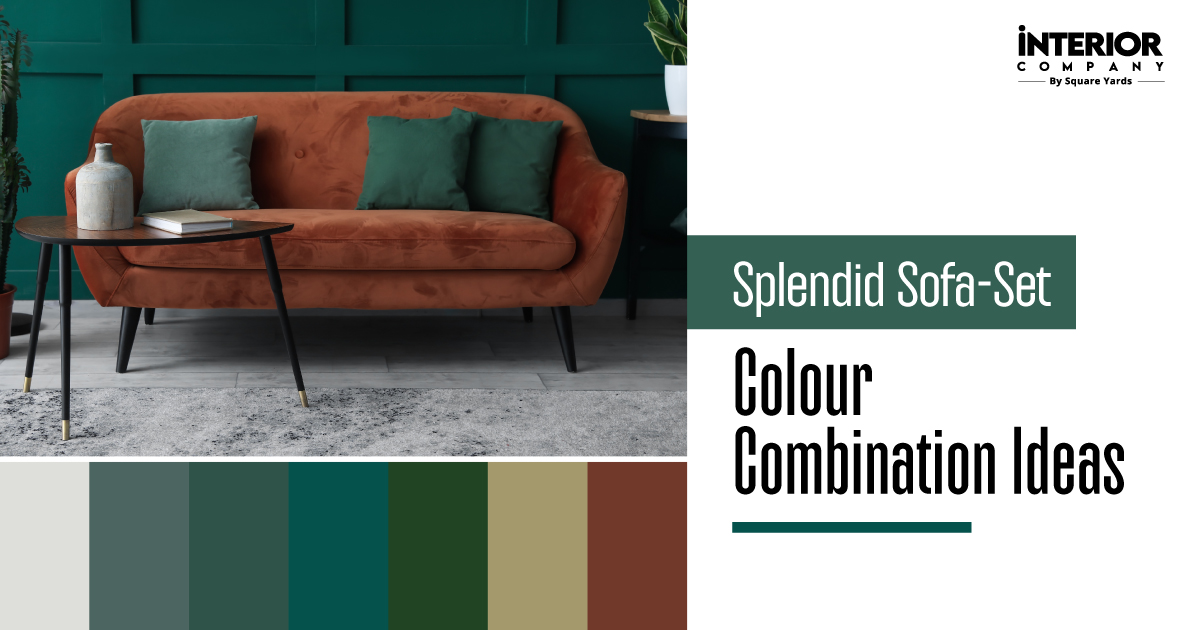- Home
- Trends
- Room
- Living Room
- Brighten Up Windowless Room Lrinc
6 Tips to Brighten up a Windowless Room
Windowless rooms often tend to be dull and dingy. A lucky few have the luxury of converting that space into storage and forgetting all about it. For some, that room winds up turning into a study, guest bedroom, home office, converted cellar or even a dressing room. That being said, making a windowless room look bright and tempting is not as difficult as one may think.
Table of Content
Here are 6 great tips to help you convert that one windowless room into an inviting, well-lit space that anyone would enjoy spending time in.
Use Mirrors to Your Advantage
Mirrors are excellent at reflecting light and add another layer of depth to your room. In a room without windows, you can cleverly use mirrors to mimic a window or simply place one opposite a door leading into the room to amplify the natural light streaming through.
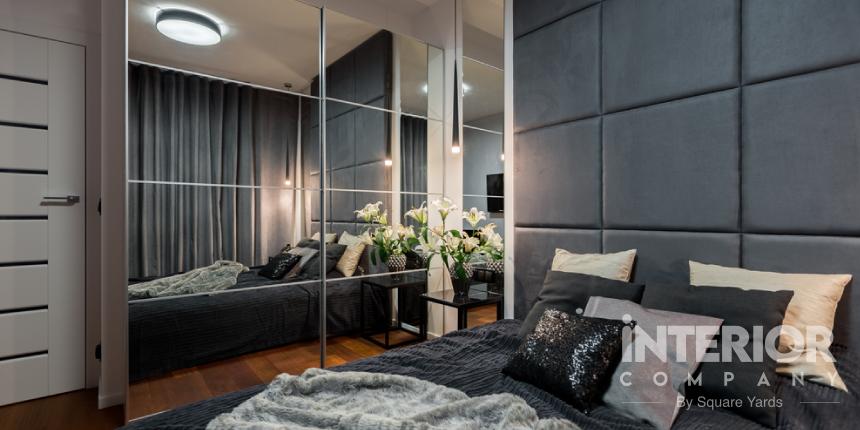
The possibilities are endless when it comes to the usage of mirrors. You could use one large mirror on a feature wall which can perform the dual role of reflecting as much light as possible in the room and as a unique feature. You could even add wall lights around the mirror as a decorative element which will again reflect off the mirror to add to the lighting in the room. If you want to go down a different route, you can have hidden lighting in certain places and angle the mirror to spread this light across the room.
Use French Doors
Replacing the traditional door of the windowless room with a french door is a brilliant way to bring in a lot of natural light from the adjoining room. Doors generally come in standard sizes, so it shouldn’t be a hassle to find one that will fit into your existing door’s frame. If the structure permits, converting the single door into a double french door would also be a superb option.
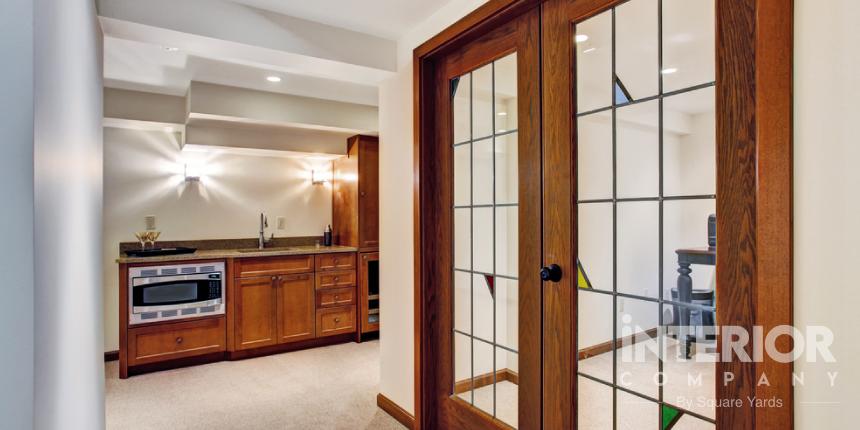
If you are worried about privacy, you can consider using frosted glass in place of clear glass, adding a translucent privacy film or installing curtains and drawing them as and when you require some privacy. Adding transoms above your french door is another great idea and will be a constant source of light even if your curtains are drawn.
Incorporate a Light Coloured Theme
Choosing an overall light colour scheme can have a great impact on the ambience of a windowless room. If your ceiling, walls, floor and decor are on the lighter side of the spectrum, they will all work together to bounce about the natural light present in the room.
If your room has a decent amount of natural light sneaking in from adjoining rooms, you can then use shades such as cream, ivory or light pastels which are not exactly white but will do the job while giving you some colour options to play around with. Go for the whitest white shade you can get your hands on for darker rooms. Nothing reflects light better than white walls!
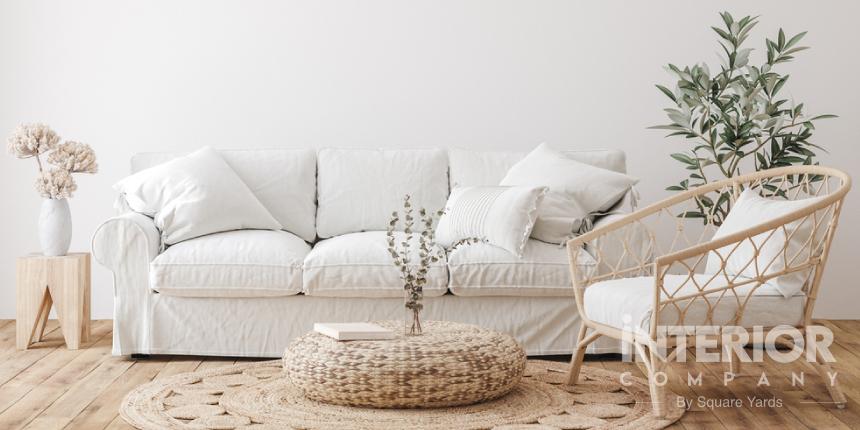
Use the same colour for your ceiling and your walls. This eliminates the edges between them and easily distracts your focus.
Light coloured floors also make a huge difference in the overall lighting of your room. If you have dark floors, you could try placing light coloured carpets in the room. If carpets are too high maintenance for your taste, try a cooling pale hardwood flooring. Ash is an excellent hardwood with beautiful grain patterns. A considerably more economical option is to try wooden-looking vinyl flooring.
Use Artificial Lighting
When natural lighting is out of the question, we have no option but to rely on artificial lighting. The first step is to know how much light a room needs to compensate for the lack of natural lighting. This will vary depending on the square footage of the space and its shape. The general rule is that a bedroom typically requires about 15-20 lumens per square foot, whereas a kitchen should have between 60-70 lumens per square foot. Multiplying the above value with the square footage of the room in question will give you a good ballpark figure for the quantum of light needed.
Decor lighting can be broken down into three broad types. They are –
Ambient lighting – These are generally used to light up a room, typically placed on the ceiling or high up on walls.
Task lighting – These are lighting solutions that are specific to certain tasks. For example, a reading light beside your bed or a table lamp on your study table.
Accent lighting – Accent lighting, as the name suggests, is used to highlight specific portions of a room or your art.
A well-balanced usage and placement of the above types of lighting can do wonders in mimicking a naturally lit room and making it feel a lot airier.
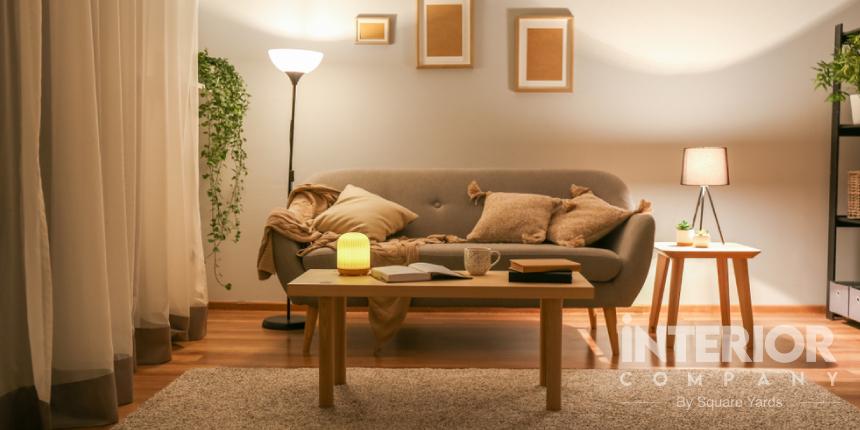
Another great tip is to use backlighting as much as possible. It will appear as natural light even when there is no source of natural light in the room. Undercabinet lighting is another option to consider. It will brighten up spaces behind the furniture and eliminate all shadows, making the room look more spacious.
Take a Minimalistic Approach
If a room is dimly lit, cramming it with furniture will make it look dingy and will leave anyone entering that room feeling claustrophobic. The trick with poorly lit rooms is to keep things minimalist and simple. For starters, take out all unwanted pieces of furniture that do not serve a purpose in that room. Try to go for low slung and slimmer furniture that looks and feels light and allows for maximum air and light flow throughout the room.
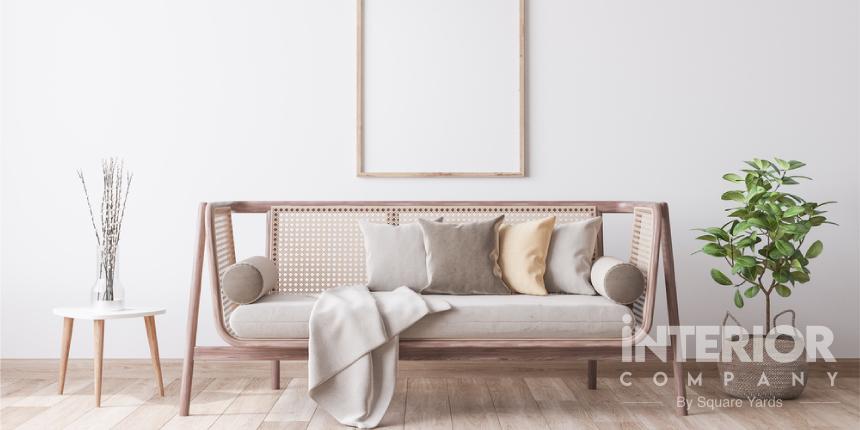
Avoid dark and clunky looking wooden furniture pieces and stick to the lighter species of wood if you have to. Try to incorporate highly reflective materials such as glass, lighter shades of marble or even mirrored furniture pieces. As far as the decor is concerned, replacing existing showpieces with ones made of glass or crystal will also aid in reflecting light around the room while adding a touch of class.
Add Some Planters
Adding a few plants to your room can also trick your mind into thinking that the room appears brighter than it is. Plants subconsciously lead the brain to associate with being outdoors automatically. You can use bright coloured pots of various shapes and sizes to add more light to the room.

Windowless rooms are devoid of any natural sunlight, which over time can leave the room smelling damp and mouldy. Adding plants to this room can help purify the air in the room while leaving it with a pleasant smell and a cooling effect. Be careful to place plants that can survive in little to no light so that they grow well, looking fresh and beautiful.
Wrapping up
Giving a windowless room a makeover is not a walk in the park but is not entirely impossible either. All it takes is some careful, innovative planning and trickery with artificial lighting. The tips mentioned here are a great starting point for you to consider should you plan to brighten up a dull windowless room in your home. Reach out to Interior Company if you are looking to redesign and give your home an exciting makeover.
Living Room Design Ideas for You
- Color
- Theme
- Size
- Type
- Floor Material
- Wall Color
- Royal Blue Color Living Room
- Off White Color Living Room
- Olive Green Color Living Room
- Orange Color Living Room
- Peach Color Living Room
- Pink Color Living Room
- Pista Green Color Living Room
- Purple Color Living Room
- Red Color Living Room
- Black Color Living Room
- Skin Color Living Room
- Teal Color Living Room
- Terracotta Color Living Room
- White Color Living Room
- Wooden Brown Color Living Room
- Yellow Color Living Room
- Beige Color Living Room
- Navy Blue Color Living Room
- Blue Color Living Room
- Brown Color Living Room
- Dark Blue Color Living Room
- Gold Color Living Room
- Green Color Living Room
- Grey Color Living Room
- Ivory Color Living Room
- Light Beige Color Living Room
- Mint Green Color Living Room
- Multi-Colour Color Living Room
- Multicolour Color Living Room
- Mustard Color Living Room
- Natural Brown Color Living Room
- Neutral Color Living Room
- Traditional Theme Living Room
- Scandinavian Theme Living Room
- Rustic Theme Living Room
- Eclectic Theme Living Room
- Retro Theme Living Room
- Modern Theme Living Room
- Luxurious Theme Living Room
- Industrial Theme Living Room
- Contemporary Theme Living Room
- Bohemian Theme Living Room
- Art Deco Theme Living Room
- Minimalist Theme Living Room
- Dark Hardwood Floor Material Living Room
- Porcelain Tile Floor Material Living Room
- Plywood Floor Material Living Room
- Painted Wood Floor Material Living Room
- Medium Hardwood Floor Material Living Room
- Marble Floor Material Living Room
- Light Hardwood Floor Material Living Room
- Laminate Floor Material Living Room
- Concrete Floor Material Living Room
- Ceramic Tile Floor Material Living Room
- Carpet Floor Material Living Room
Ready for a home transformation?
Let our designers assist you!
Recent Posts
Related Category
- False Ceilings
- Furniture
- Home Decor
- Indoor Plants
- Paint and Color










